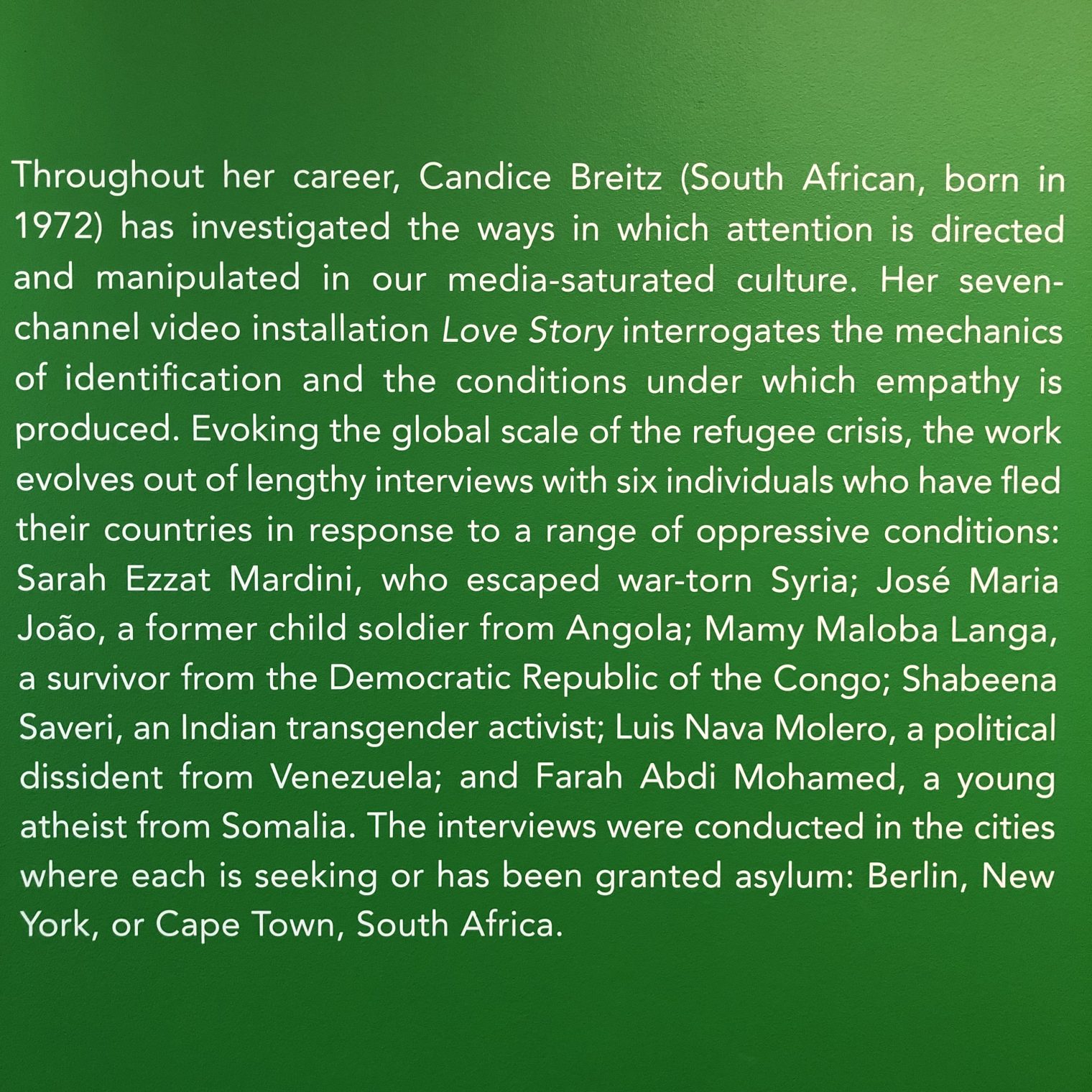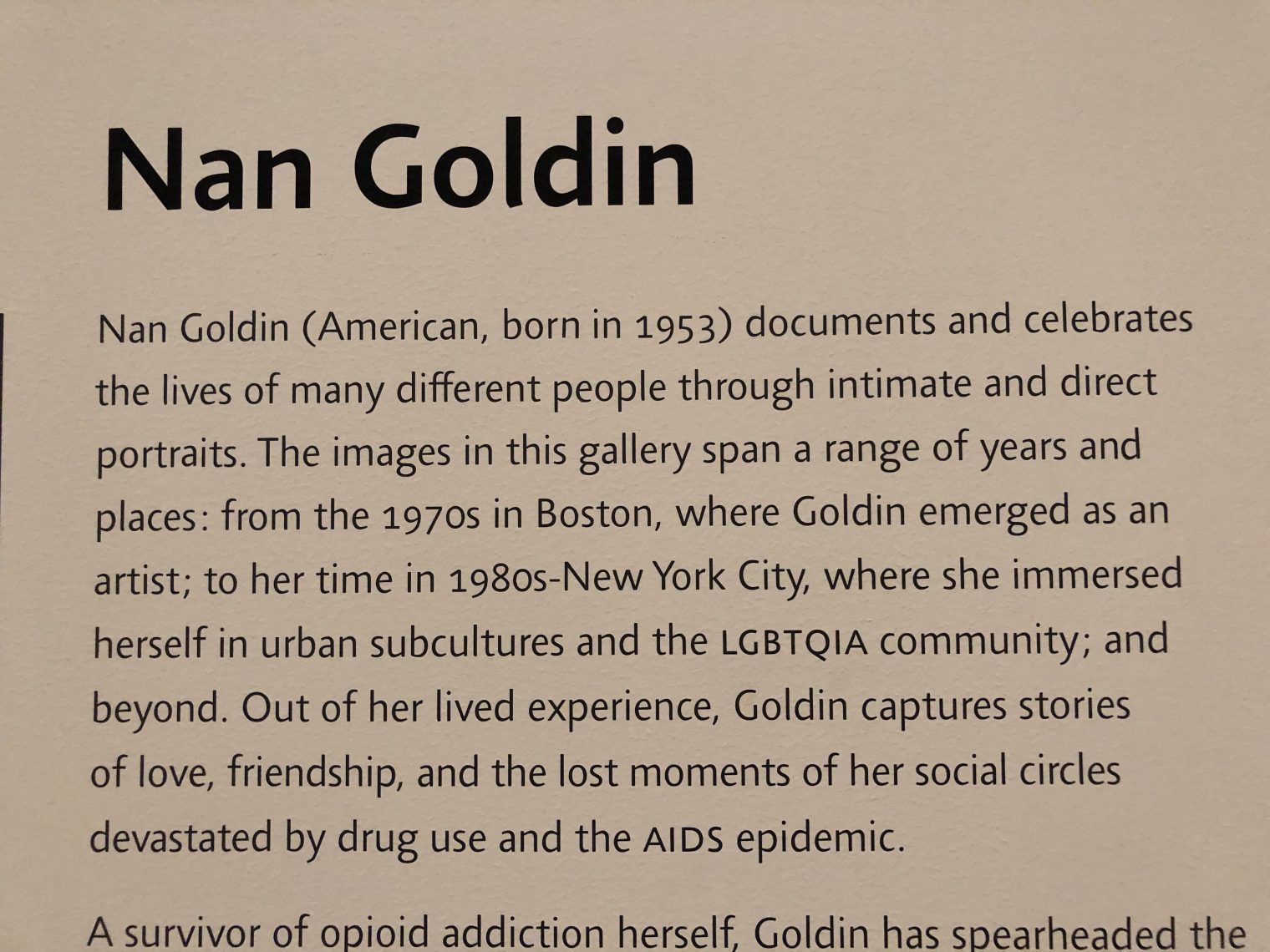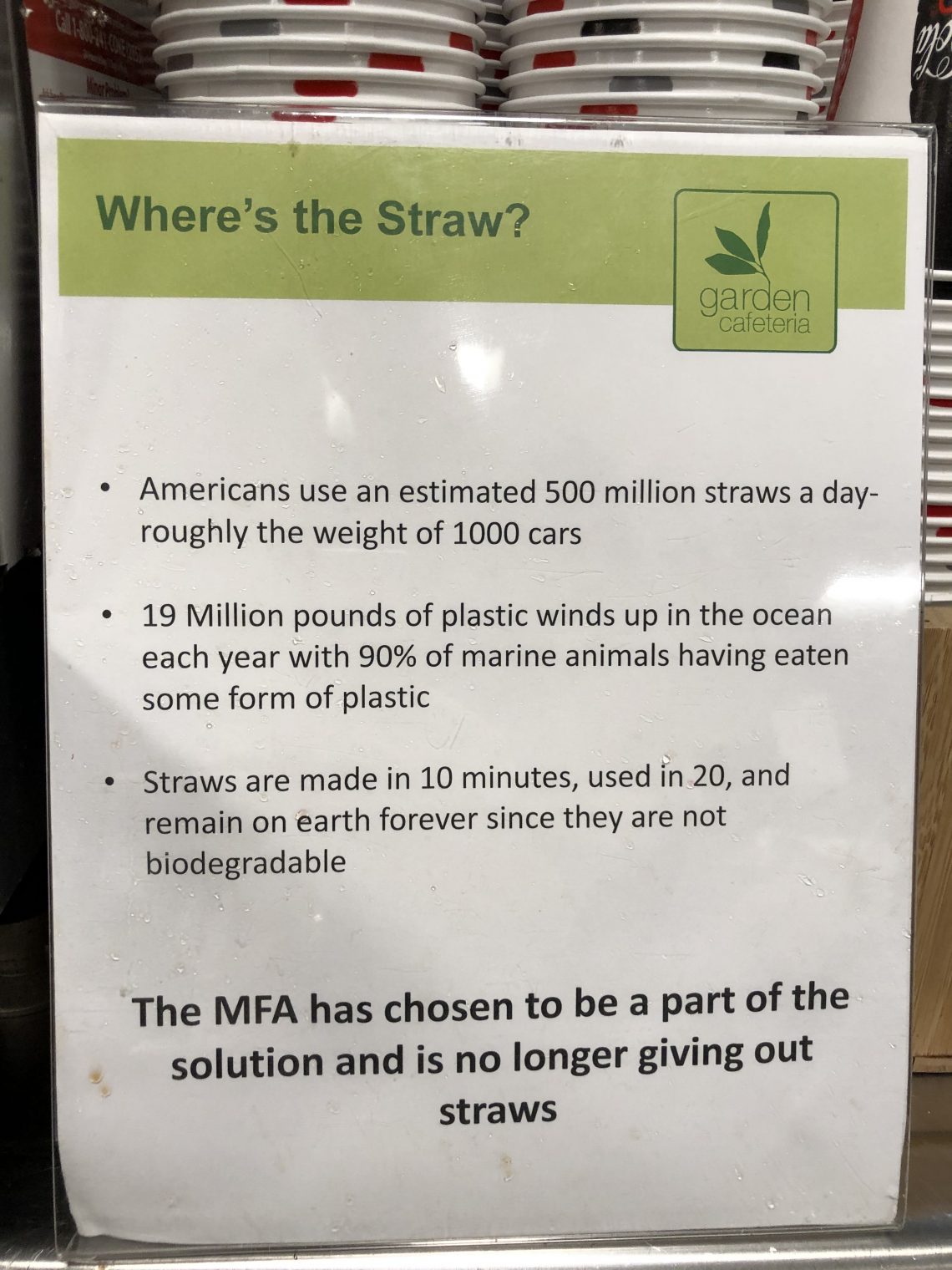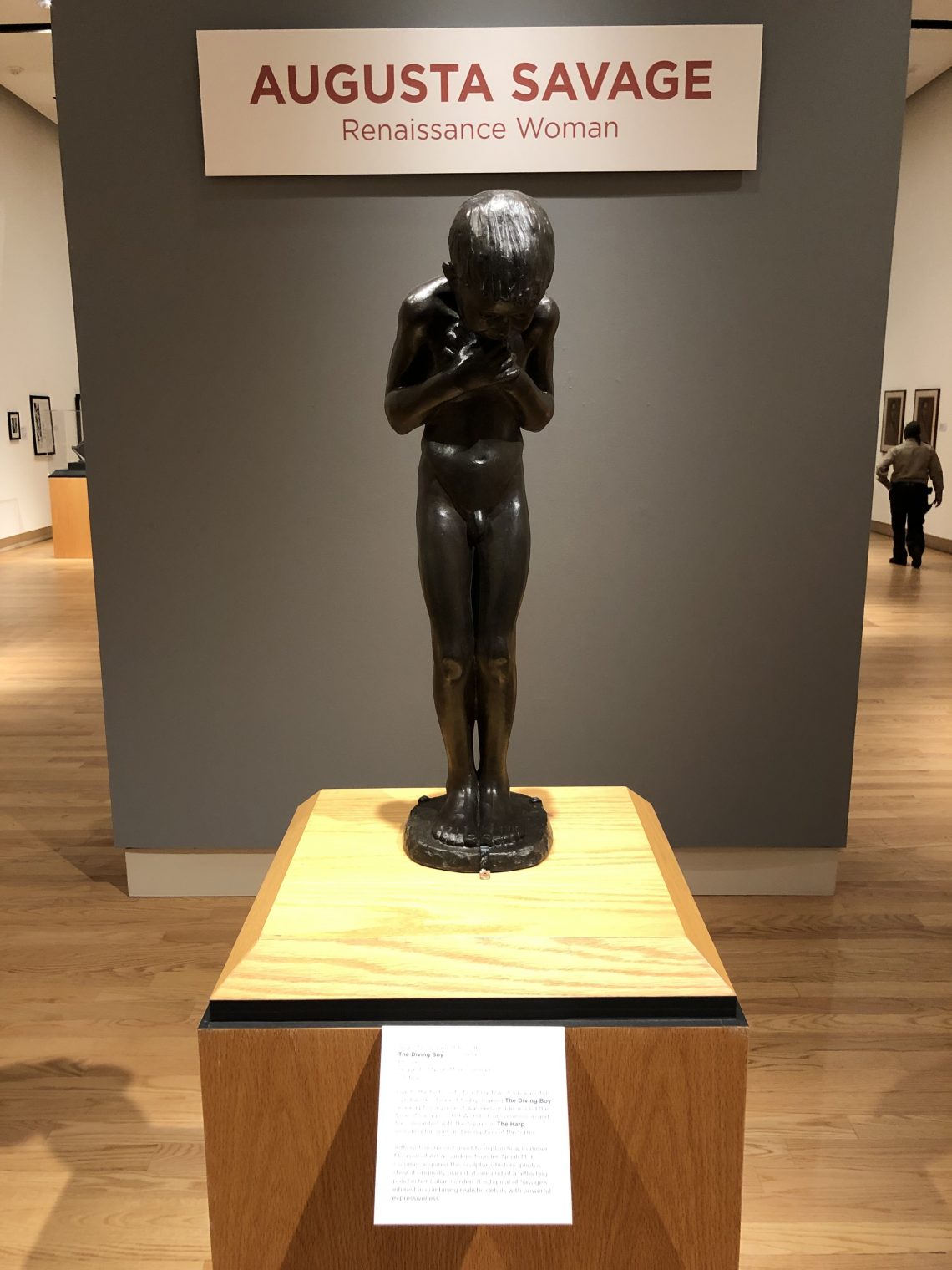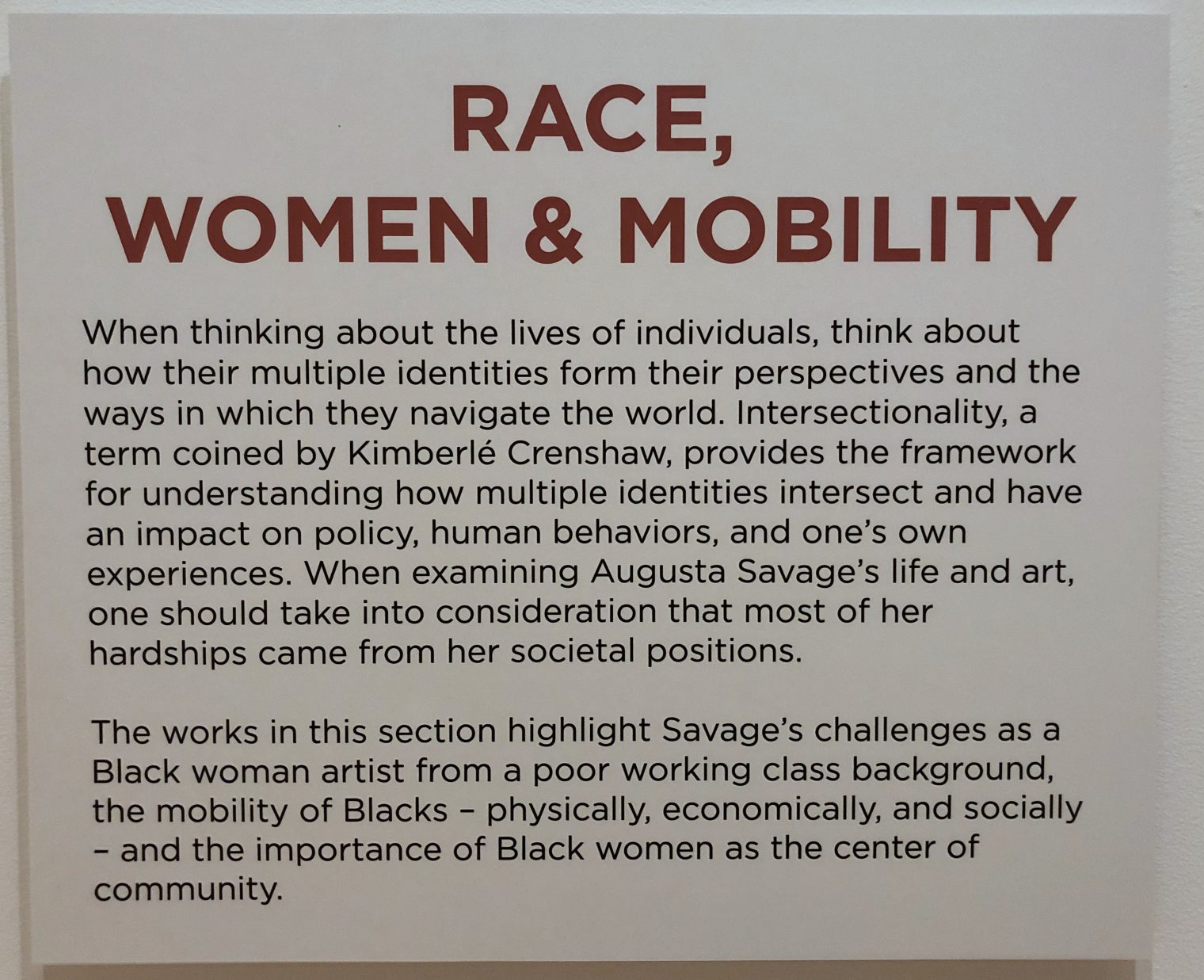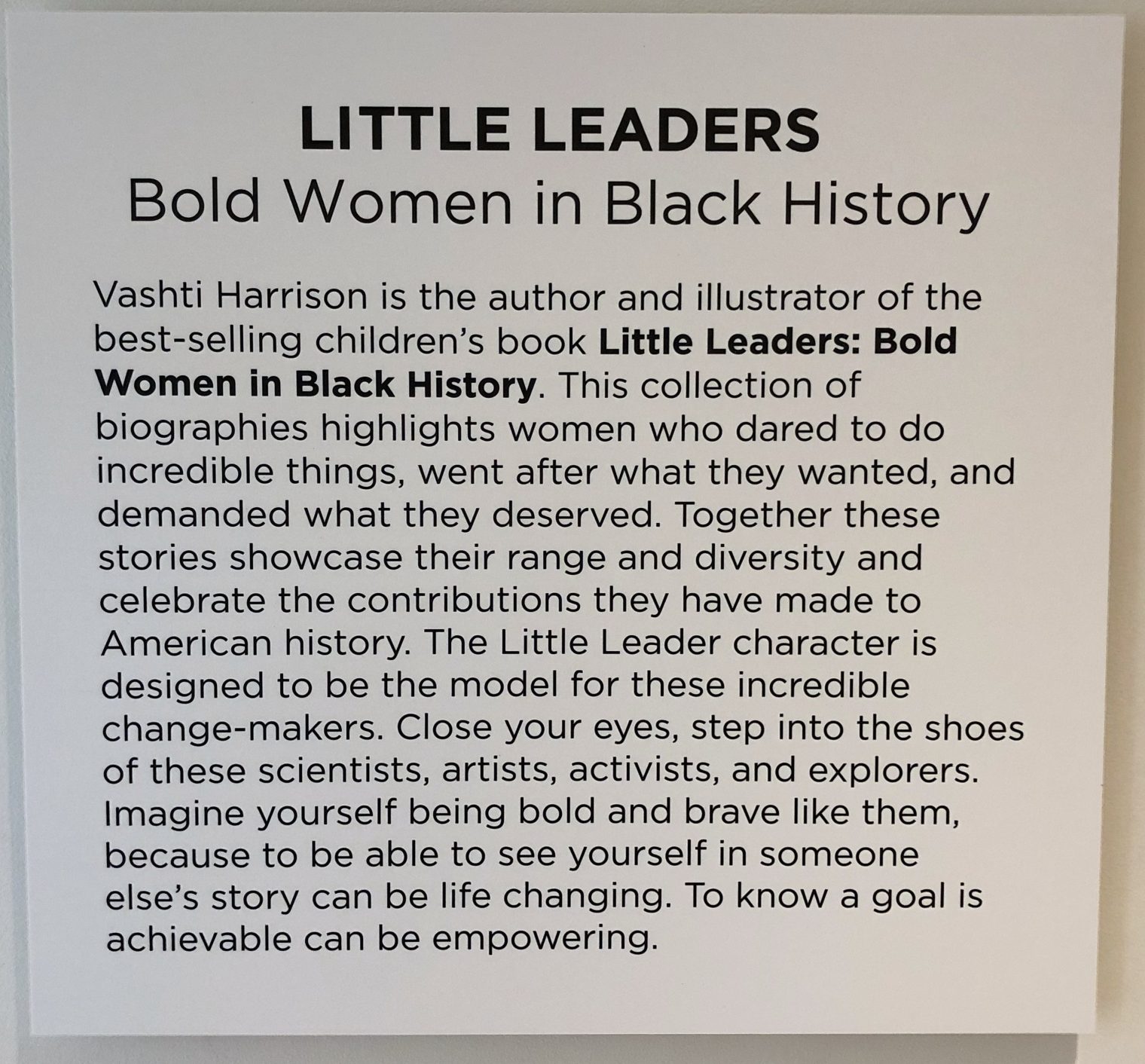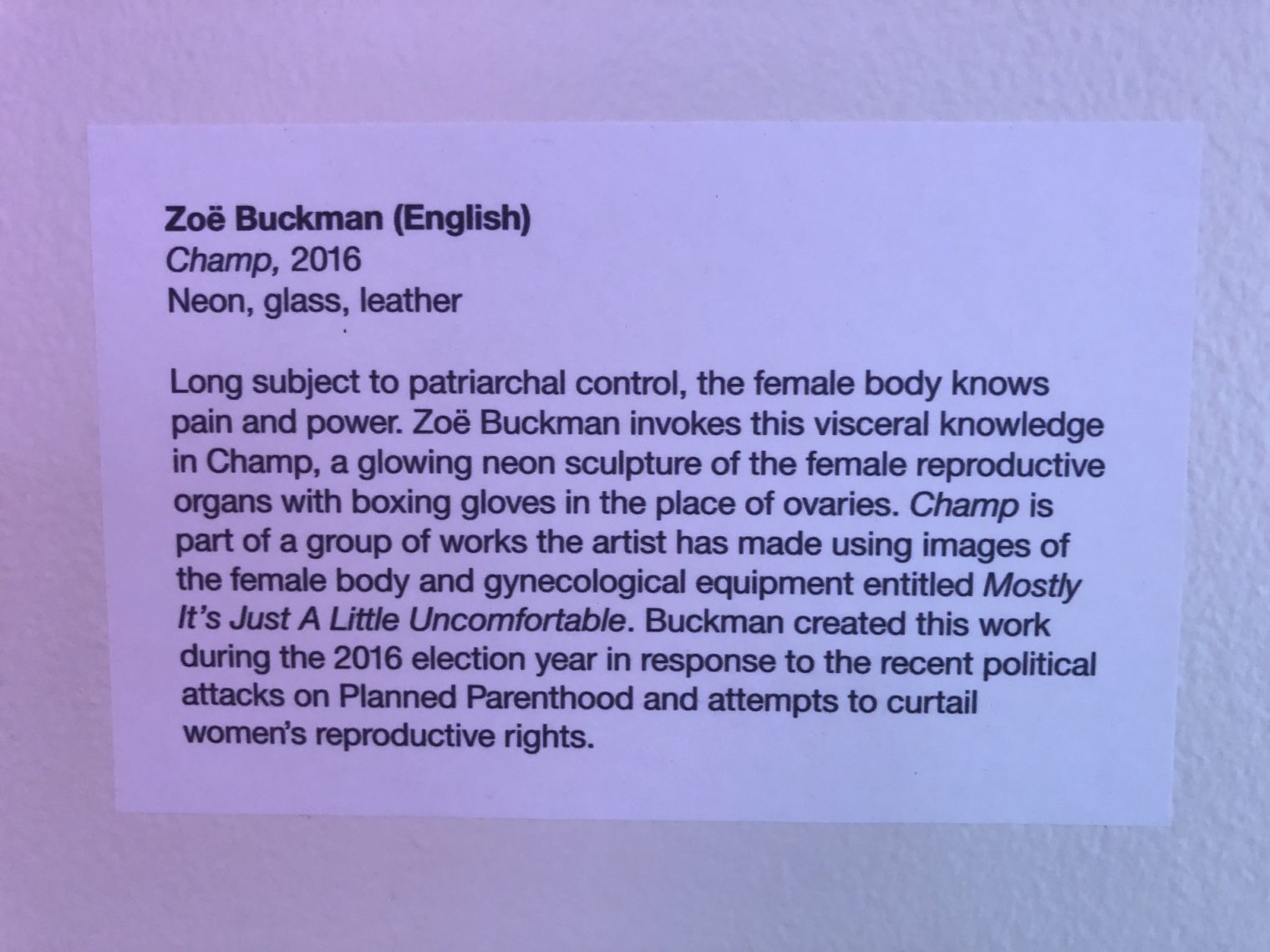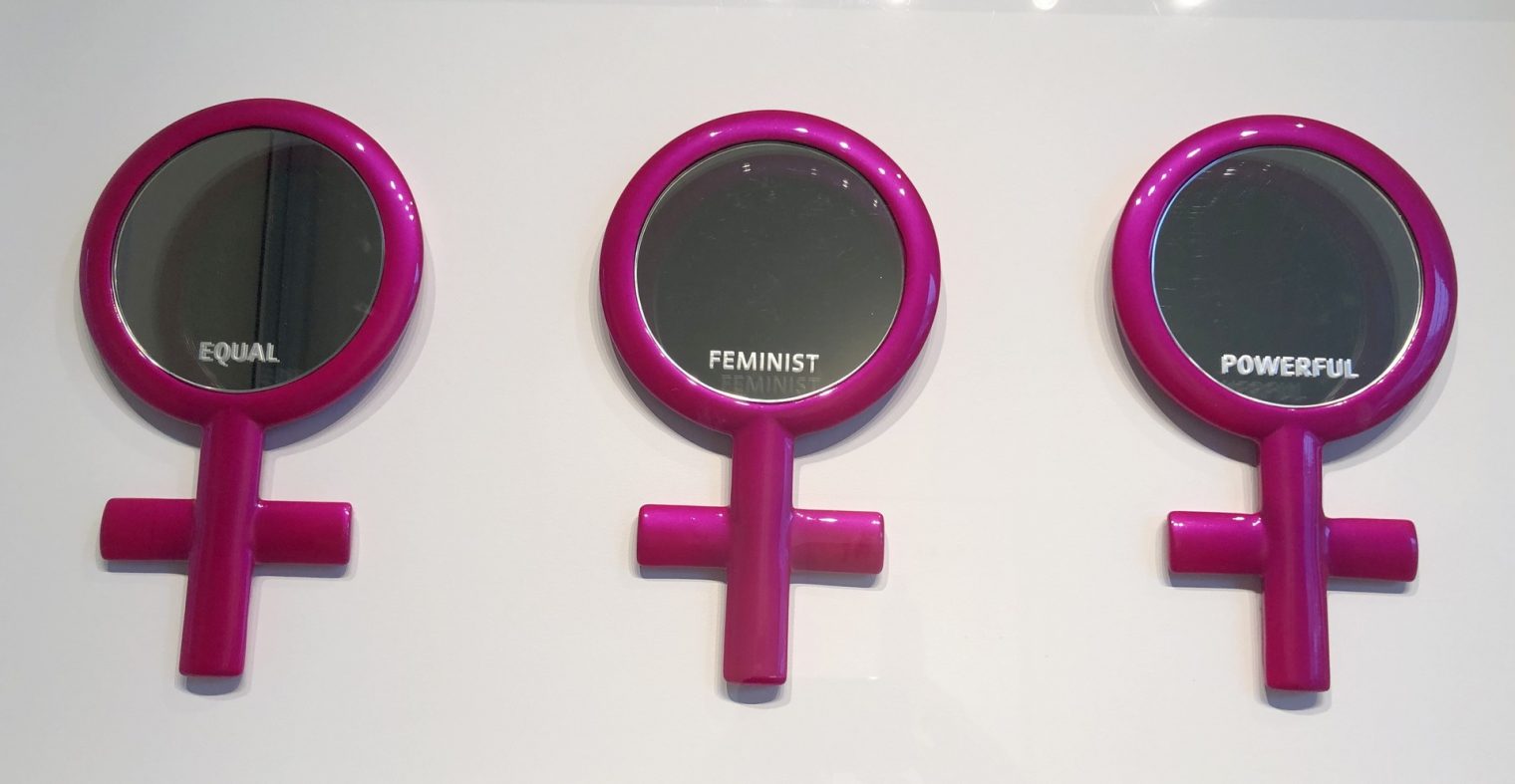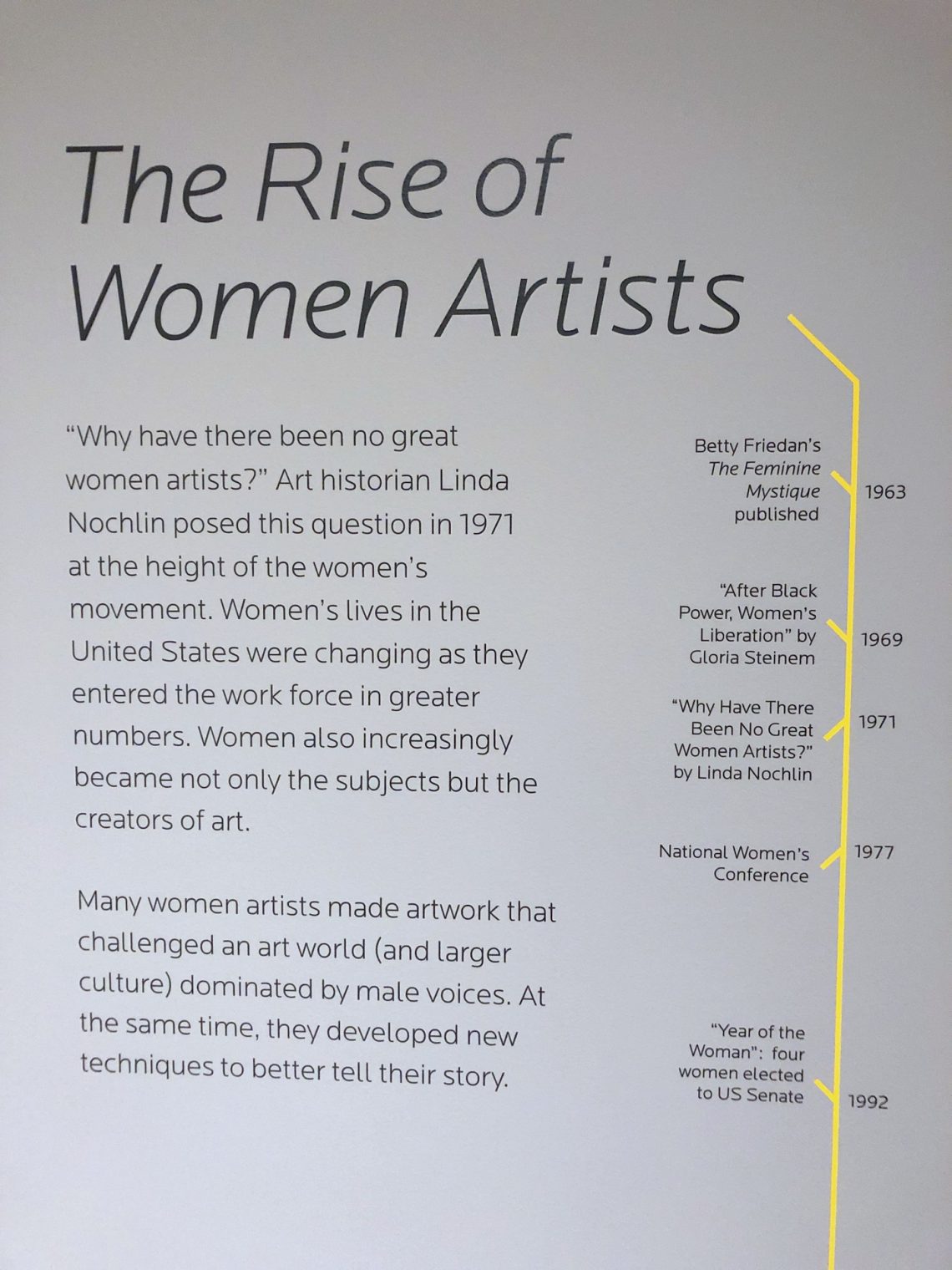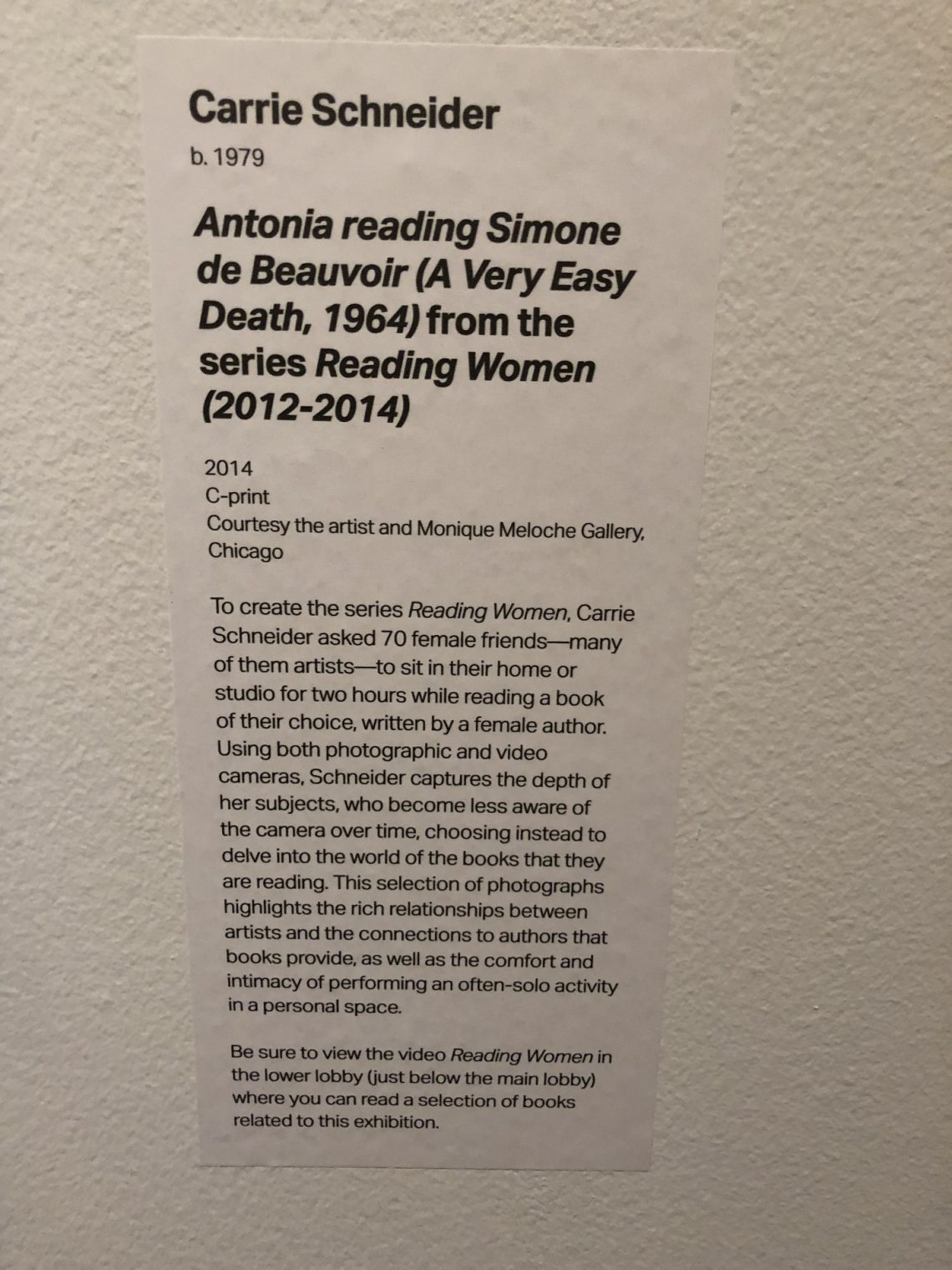The second annual Women’s March is today. This raises a few questions…
If the march is protesting female victimhood, when can victory be declared? When women have more income than men? When women have more spending power? When women occupy a majority of seats in Congress? Or will women become a perpetual victim class, marching every year for the next few hundred years?
(And where does that leave other would-be victim classes? If the best jobs are set aside for white and Asian women, for example, doesn’t that necessarily exclude members of other victim classes? Two victims cannot simultaneously hold the same job.)
Is it legitimate to have a “Women’s” march in a fully transgender/gender-fluid age? For whom are the marchers advocating? People who currently identify as women? People who might one day identify as women? People who formerly identified as women, but changed to male because of the prejudice in our society against women?
“The Heartbreak of the 2019 Women’s March” (nytimes):
Serious allegations of anti-Semitism have dogged some of the Women’s March’s leaders for over a year, but they’ve lately reached a crisis point. … Leaders of Women’s March Inc. — as the nonprofit organization is officially called — tried to make amends. It added three Jewish women to its steering committee.
When will they say “Three of our best friends are Jewish!”? (i.e., instead of changing their views, statements, or behavior, they’re dragging in a few token members of the group they’re accused of bigotry against)
[This reminds me of a recent Facebook exchange, which I’m fairly sure reduced my friend count. A post that was shared into my feed:
Americans haven’t become more sensitive. We’re not suddenly overcome with political correctness. You’ve ALWAYS offended us. You holier-than-thou, hypocritical, sanctimonious Haves have always walked through the world not noticing the cringing around you, the anger, the devastation. But now when you say that you jewed someone down on the price, I speak up for my friend Jennifer. When you refer to The Orientals, I gently point out that the correct term is Asians. When you call someone a tranny, even in the locker room, I defend my transgender family members. And when you call someone a faggot I don’t shrink back into my seat and try to become invisible. I stand up for MYSELF and tell you that you can’t use language like that in my presence. And I now know, unlike 25 years ago, that there will be people around who have my back. Don’t long for the days when everyone was less sensitive. Step up and acknowledge a lifetime of being an asshat, and change.
My response (to the share, not the original post):
He has multiple transgender family members, but knows only one Jew? (“Jennifer”)
Separately, I would love to know where this guy hangs out and hears people regularly using the out-of-favor terms that he references! “Tranny” in the locker room?]
Readers: What’s going on with the Women’s March in your neighborhood?
Related:
- post from 2018: I know of a well-educated medium-income woman in her 20s. She was sufficiently passionate about feminism to go to the Women’s March in the off-the-charts-expensive city where she lives. She met a man in his mid-50s who owns a modest (i.e., $3+ million) house. She is now protesting the patriarchy by living in this man’s house.
- “The Future is Female”: Women’s March in Boston 2018
- Donald Trump-themed mini golf course: Hole 7: Women’s March. Mechanical string of pussy hats drawn across the fairway. If ball gets stuck in one, 20 points are added to player’s score in the “child support” row. If there are any attorneys on the course, player makes their mortgage, car, and kids’ college tuition payments.
Full post, including comments 
